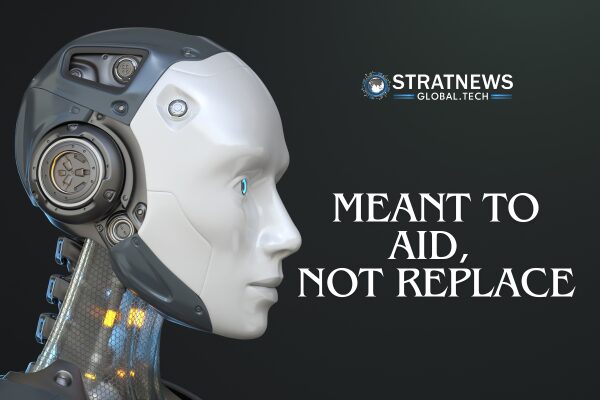China’s Humanoid Robots Meant to Aid, Not Replace, Human Workers
China’s Humanoid robots are not intended to replace human jobs, according to a senior official at a major tech hub in Beijing. Liang Liang, a deputy director at the Beijing Economic-Technological Development Area, made this clear during an interview with foreign media on Friday.
He emphasised that the growing robotics sector, despite state support and rapid expansion, will focus on improving productivity. According to Liang, robots are best suited for tasks that are dangerous or too demanding for humans.
“We don’t believe robots will cause unemployment,” he said. “Instead, they’ll take on jobs people prefer to avoid, such as deep-sea exploration or space missions. These are areas where humans struggle to go.”
Round-the-Clock Machines and Safer Work Environments
Liang noted that machines could work at night while humans rest. This would increase output and lower production costs. The aim is to make products more affordable and user-friendly, he explained.
He added that the goal is not to have machines outpace humans, but to let both work in their own spheres. This vision was recently showcased during the world’s first robot half-marathon, held in Beijing.
The event featured two separate tracks—one for humans and one for robots. Liang said the design was symbolic. “Humans push their limits on one track, while robots challenge theirs on another. It’s not about replacing each other,” he said.
Innovation Centre Demonstrates Versatile Robot Functions
Liang spoke at the headquarters of X-Humanoid, also known as the Beijing Humanoid Robotics Innovation Centre. The centre’s robot, Tiangong Ultra, won the robot half-marathon. It can reach speeds of up to 12 kph (7.56 mph) and is designed for sports-related applications.
Other prototypes displayed at the centre are built for practical tasks. These robots are able to adapt when objects are moved or obstructed. In one test, a robot repeatedly adjusted its task when a piece of litter was moved or taken from its hand. This shows their ability to learn and adjust, which is key for real-world work.
Liang concluded that such innovations will help humans rather than compete with them. Robots will likely handle repetitive or risky jobs, freeing people to focus on more creative and meaningful tasks.
with inputs from Reuters


